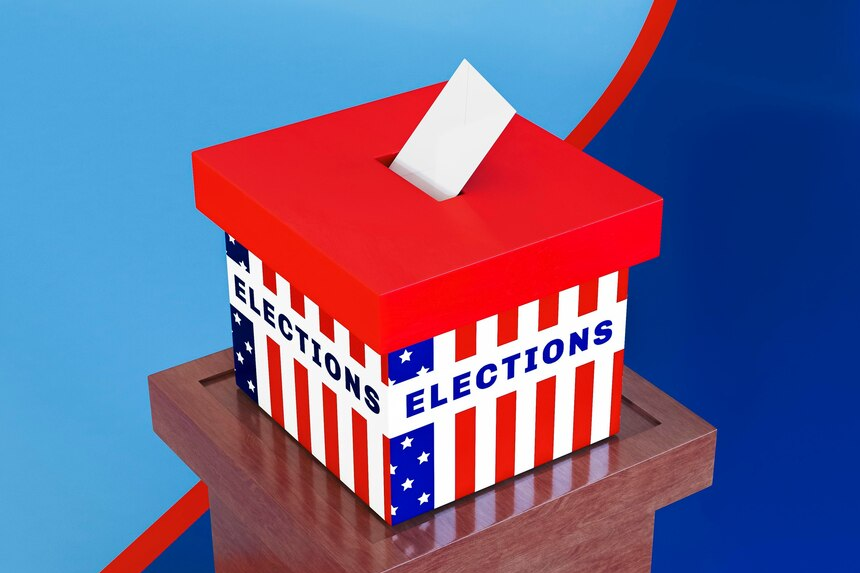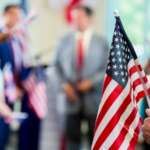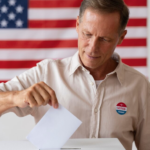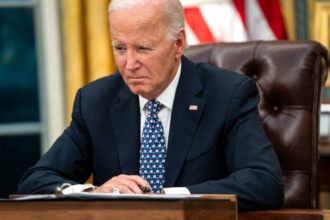As the U.S. election draws near, online platforms are inundated with rumors, false accusations, and direct lies about voting and electoral fraud. Unprecedented in scope and speed, this disinformation seriously challenges election officials and shapes public opinion of the democratic process.
What Claims of Widespread Fraud Are Being Made?
Trump claimed extensive election fraud among officials in a major swing state this week. On his Truth Social network, he said, “Pennsylvania is cheating and getting caught at huge scale levels not seen before. “REPORT CHEATING TO AUTHORITY”. Law Enforcement needs to act right now! This claim followed declarations from authorities in three Pennsylvania counties declaring they were looking at some voter registration forms for possible fraud in cooperation with local law enforcement.
Reacting to these assertions, Republican Al Schmidt, Pennsylvania’s chief election official, advised caution and underlined the need to acknowledge “half-truths” and false information spreading on social media. Emphasizing the integrity of the electoral system, he said, “This is evidence that the built-in protections in our voter registration system are functioning.”
How Is Misinformation Spreading Online?
Hundreds of claims of electoral fraud have been floating around social networks, message boards, and chat groups. Millions of people have seen some of the postings that disseminate false information about voting equipment and procedures. Allegations range from bogus statements regarding the ballot-counting process itself to assertions that non-citizens find it easy to vote.
One especially false film claimed to show recently arrived Haitians voting in Georgia. Investigators found other signs, including phony addresses and stock pictures, exposing the falsity of the film. Later on, U.S. security agents verified it was produced by “Russian influence actors.”
In another episode, a user on X claiming to be Canadian uploaded a picture of a ballot bearing the note, “Figured I would drive across the border and vote.” Similar fabrication and a concerted attempt on the fringe message network 4chan underlie this assertion. The ballot showed Florida, a state around 20-hour drive from the Canadian border that requires identification for in-person voting.
Allegations of unusual conduct also sprang from a video that went viral on X from Northampton County, Pennsylvania. The video shows a man transporting a vote container to a courthouse. Later, it turned out that the man was a postal worker distributing mail-in ballots, but the video had already received more than five million views.
What Are Experts Saying About This Misinformation?
Experts worry that the deluge of false information before election Day could erode public confidence in the election outcomes or possibly inspire threats and violence as the voting date approaches. Wendy Via, founder of the Global Project Against Hate and Extremism (GPAHE), observed, “We cannot overstate the role of conspiracy theories in all of this.” Some far-right and right-wing activists, she said, “are preparing themselves for the election to be stolen in a way they weren’t in 2020.”
How Do Past Events Reflect Current Concerns?
Historical analogs serve as a sobering warning of the possible fallout from false information. As votes were still undercounting following the 2020 presidential contest, then-President Trump turned to social media to accuse fraud and assert he was the official winner. The catchphrase “Stop the steal” came to represent a movement among his followers aiming to reverse the election results. This resulted in the January 6, 2021, riot in the U.S. Capitol, which underlined the dangers election officials encountered—including death threats in battlefield areas like Georgia.
Incorrect assertions about voting surged after the 2020 election, but tracking organizations show that the explosion in incorrect information started well before election Day. Attending a protest in Wisconsin, a pivotal swing state, participants voiced their view that only unlawful behavior could stop the Republican nominee from winning. Brad Miller of Green Bay, who said he had already heard tales of fraud, said he felt quite confident with Trump as long as there was no cheating. Our only hope is that it isn’t large enough to alter the outcome.
Not one of the several court challenges Trump’s team filed claiming election fraud across several states following the 2020 vote turned out successful. The specter of false information looms big as the 2024 election gets near, therefore undermining the integrity of the voting process once more.
Republicans Gain Ground in Race for Congress, Projected to Flip Key Senate Seats








